News
-
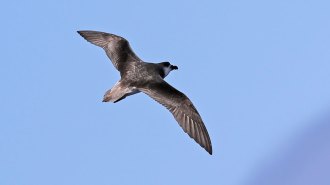 Animals
AnimalsWhy a small seabird dares to fly toward cyclones
Tracking data show that Desertas petrels often veer toward cyclones and follow in their wake, perhaps to catch prey drawn to the surface.
-
 Archaeology
ArchaeologyWas Egypt’s first pyramid built with hydraulics? The theory may hold water
A controversial analysis contends that ancient engineers designed a water-powered elevator to hoist stones for King Djoser’s pyramid.
By Bruce Bower -
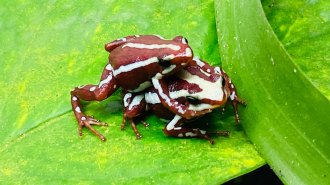 Animals
AnimalsPheromone fingers may help poison frogs mate
Specialized glands in the fingertips of some males may produce seductive chemical signals.
By Jake Buehler -
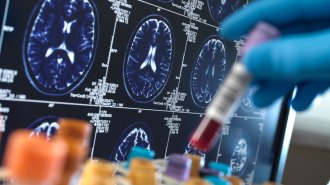 Neuroscience
NeuroscienceAlzheimer’s blood tests are getting better, but still have a ways to go
Blood biomarker tests could help doctors know if a person's cognitive symptoms are due to Alzheimer's or something else.
-
 Chemistry
ChemistryTycho Brahe dabbled in alchemy. Broken glassware is revealing his recipes
The shards contain nine metals that the famous astronomer may have used, including one not formally identified until 180 years after his death.
By Skyler Ware -
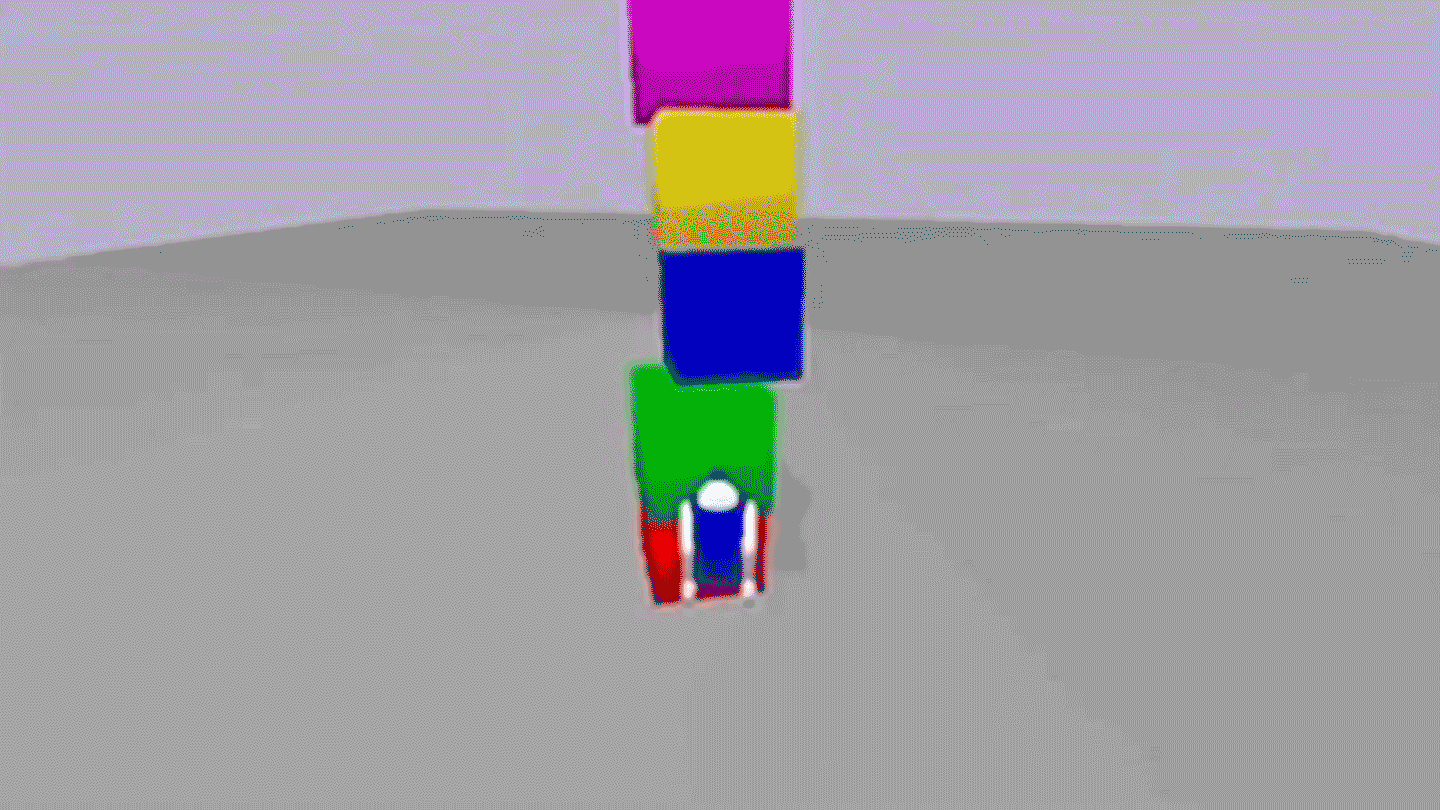 Artificial Intelligence
Artificial IntelligenceCan we train AI to be creative? One lab is testing ideas
Artificial intelligence explores new ideas by tapping human intuition, a step toward humanlike intelligence.
-
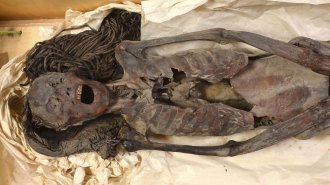 Anthropology
AnthropologyAn Egyptian mummy’s silent ‘scream’ might have been fixed at death
A rare muscle-stiffening reaction could explain the open-mouthed expression of a mummy known as the Screaming Woman, scientists suggest.
By Bruce Bower -
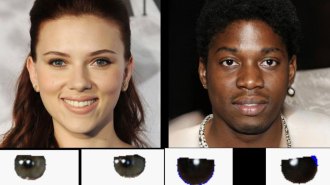 Artificial Intelligence
Artificial IntelligenceWant to spot a deepfake? The eyes could be a giveaway
Reflections in the eyes of AI-generated images of people don’t always match up, researchers report.
By Ananya -
 Health & Medicine
Health & MedicineThe CDC has tightened rabies regulations for imported dogs. Here’s why
Dog rabies was eliminated in the United States in 2007. The new rules on bringing dogs into the country aim to keep it that way.
By Claire Yuan -
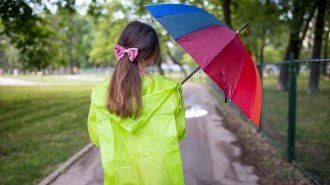 Health & Medicine
Health & MedicineSome ‘forever chemicals’ may be absorbed through our skin
PFAS, which are found in common products such as cosmetics, food packaging and waterproof gear, have been linked to health problems.
-
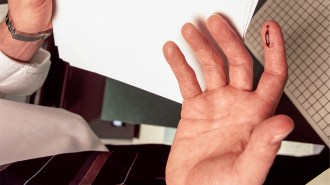 Physics
PhysicsPaper cut physics pinpoints the most hazardous types of paper
Dot matrix printer paper is the most treacherous, physicists report. Magazine paper comes in second.
-
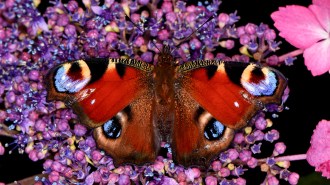 Animals
AnimalsStatic electricity may help butterflies and moths gather pollen on the fly
Electrostatically charged lepidopterans could draw pollen out of flowers without touching the blooms, computer simulations suggest.
By Anna Gibbs